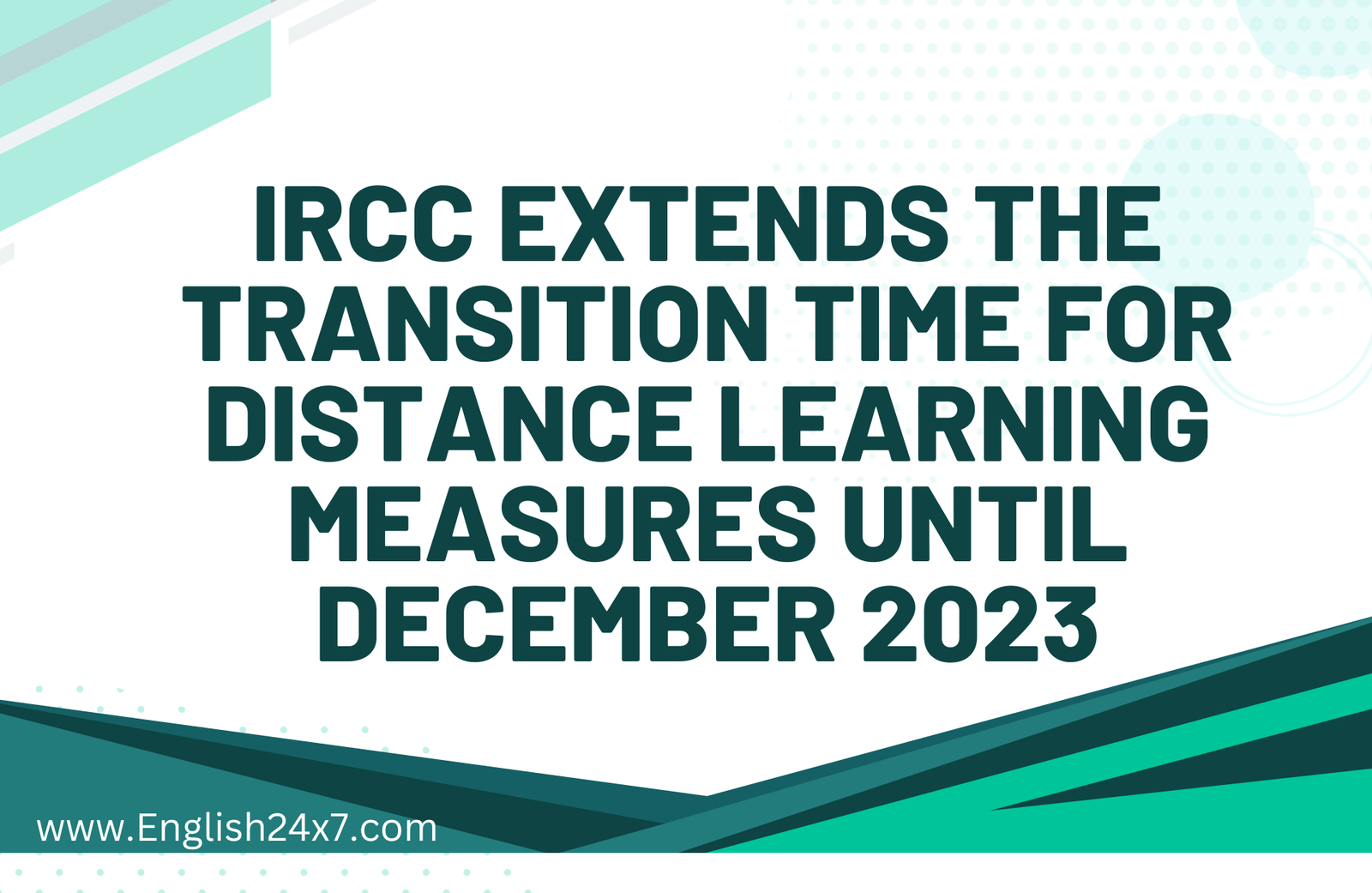
Canada Deporting Indian Students with fraudulent admission offer letters
After discovering their school's admission offer letters were forged, over 700 Indian students faced deportation from Canada. Students applying for permanent residency in Canada detected the deception. The Canadian Border Service Agency (CBSA) identified fraudulent letters in their visa applications.
Most students studied in Canada in 2018 and 2019. Many had previously graduated, obtained work permits, and worked in Canada.
The Toronto Star said the pupils filed for study visas through Jalandhar-based Education Migration Services. Brijesh Mishra's consultancy firm charged students thousands of dollars for college, visa, and tuition. Mishra "vanished", and the Jalandhar office shuttered.
Only CICC-registered lawyers and consultants can charge for immigration advice. CICC licenses education agents.
Unfortunately, some education agents exploit individuals hoping to study and work in Canada for permanent residency. These agents do not sign contracts, take cash, and are unlicensed.
Bad people, especially those from other countries that are hard to keep an eye on from Canada, try to take advantage of foreign students occasionally. Sean Fraser, in charge of immigration, said on a community radio show that some marketers worldwide are disgusting.
Ghost consultants victimised Indian students. Unlicensed immigration consultants or educational institution representatives are ghost consultants.
They "ghost" overseas students after receiving payment for services. Work, study, and permanent resident applicants can be defrauded.
Students should also avoid phishing. Emails or texts requesting personal information are common. An automated call may also threaten immigration legal action.
Students often receive fraudulent employment offers. Scammers exploit international students' need for part-time labour to pay for their studies. Students may receive employment offers without applying or recruiter services for money or personal information.
Finally, housing scammers target overseas students. They contact international students before they arrive in Canada, provide phoney housing for an upfront charge, and leave, leaving students homeless or in terrible housing.
Social media is unreliable for immigration consultants and representatives. Because social media is harder to check, scammers often pose as immigration service providers or government institutions.
A professional Canadian immigration lawyer should be consulted by international students seeking study permits in Canada. A competent immigration lawyer can help international students finish applications, connect with the Canadian government, and prevent immigration blunders.







